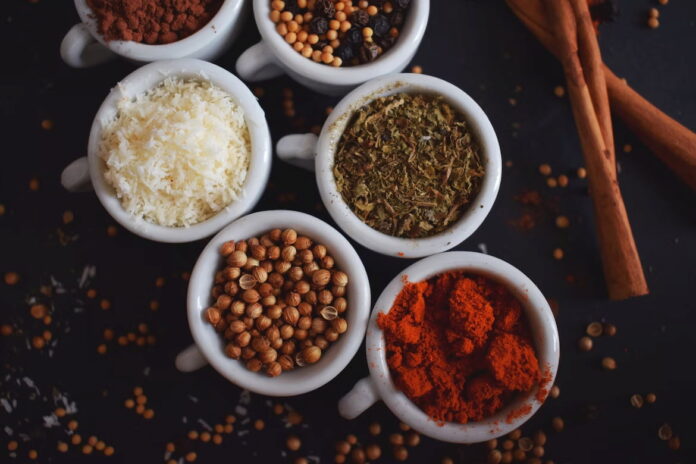Seasonings have been an integral part of human culinary practices since ancient times, enthralling our taste buds with their diverse flavors and aromas. From the humble beginnings in early civilizations to the emergence of modern seasoning manufacturers, the history and origins of seasoning have shaped the way we enjoy food today. Join us on a delightful journey as we explore the roots of this flavorful art and its transformation through the ages.
Spices and Seasonings in Ancient Civilizations
In the cradle of civilization, ancient cultures like the Egyptians, Greeks, Romans, and Chinese recognized the value of seasonings and spices. These early civilizations sought to enhance the taste and aroma of their food. In ancient Egypt, spices like cinnamon and cumin were favored, while ancient Greeks extensively used oregano, thyme, and mint. The Romans even established a lucrative spice trade network that connected Europe with the East.
The Spice Routes & their Influence
The spice routes, bustling with trade and cultural exchange, played a significant role in shaping the history of seasoning. These ancient trading routes connected the eastern and western world, enabling the dissemination of exotic seasonings such as black pepper, cloves, and nutmeg. The Silk Road and the maritime spice routes brought new flavors to Europe, leading to a culinary revolution.
Medieval European Seasonings
During the Middle Ages, despite the decline of the Roman Empire and its trade network, seasoning continued to evolve. European cuisine witnessed the popularity of spices like ginger, cinnamon, and saffron. The demand for seasonings soared, leading to the rise of manufacturers who catered to the new palette of a growing middle class.
The Industrial Revolution & Modern Seasoning Manufacturers
The Industrial Revolution in the 18th century marked a turning point in the history of seasoning. Technological advancements allowed for large-scale production, leading to the establishment of modern seasoning manufacturers. These manufacturers introduced standardized processes, quality control, and innovative blends that revolutionized the market.
The Art of Seasoning Today
Today, seasoning manufacturers operate on a global scale, utilizing cutting-edge technology and extensive research to create a wide range of flavor profiles and blends. With increased awareness about dietary preferences and health concerns, manufacturers now offer specialized options like low-sodium, organic, and allergen-free seasonings to cater to diverse consumer needs.
Conclusion
The history and origins of seasoning showcase the deep-rooted desire of humans to elevate the taste and aroma of their meals. From the ancient spice routes that sparked culinary revolutions to the rise of modern seasoning manufacturers, this journey has provided us with a vast array of flavors and options to tantalize our palates. As we savor the flavors of the present, let us always appreciate the centuries of innovation and tradition that have made modern seasoning an essential aspect of our culinary experience.

